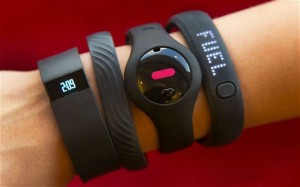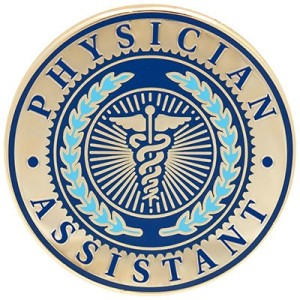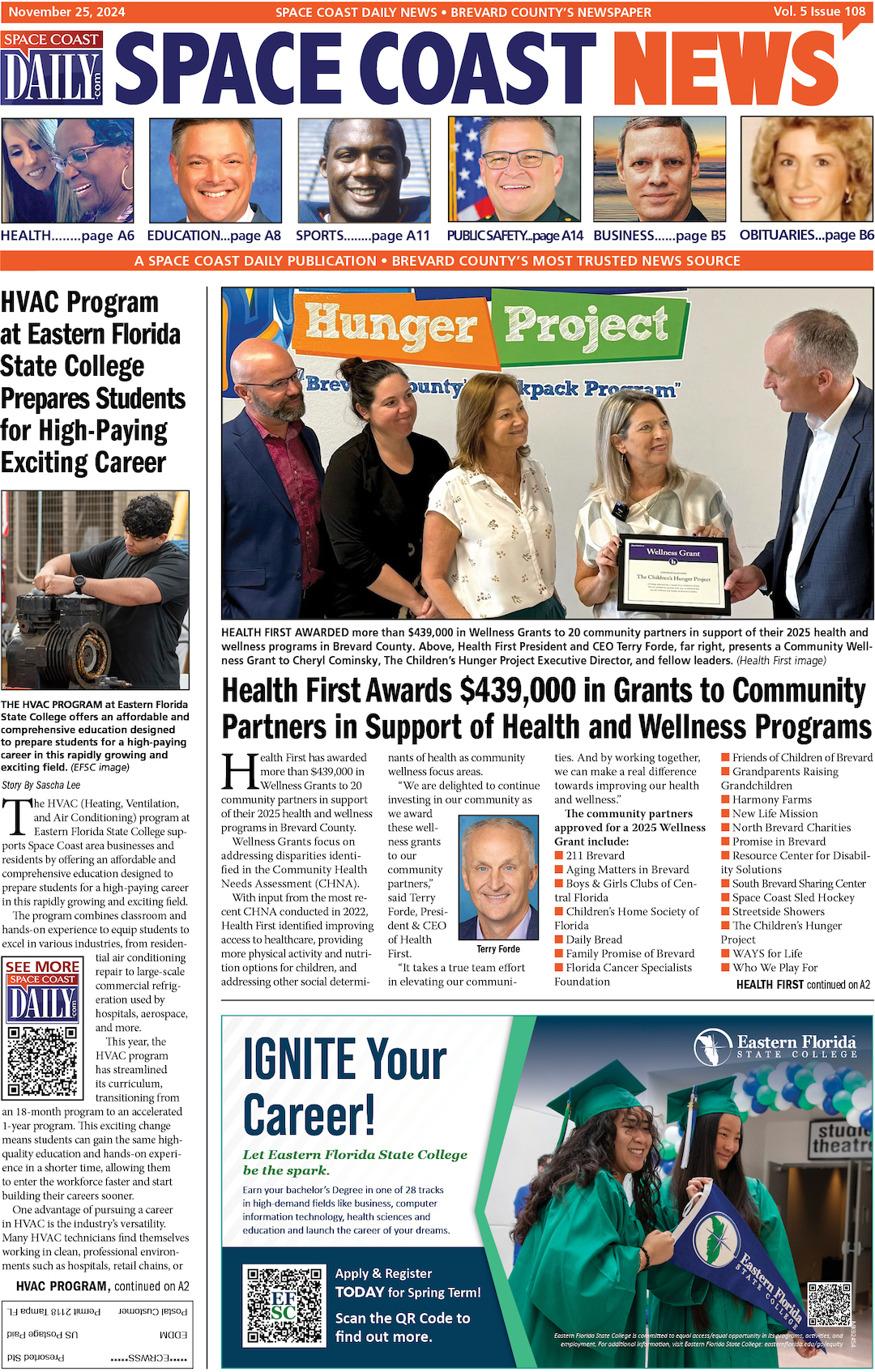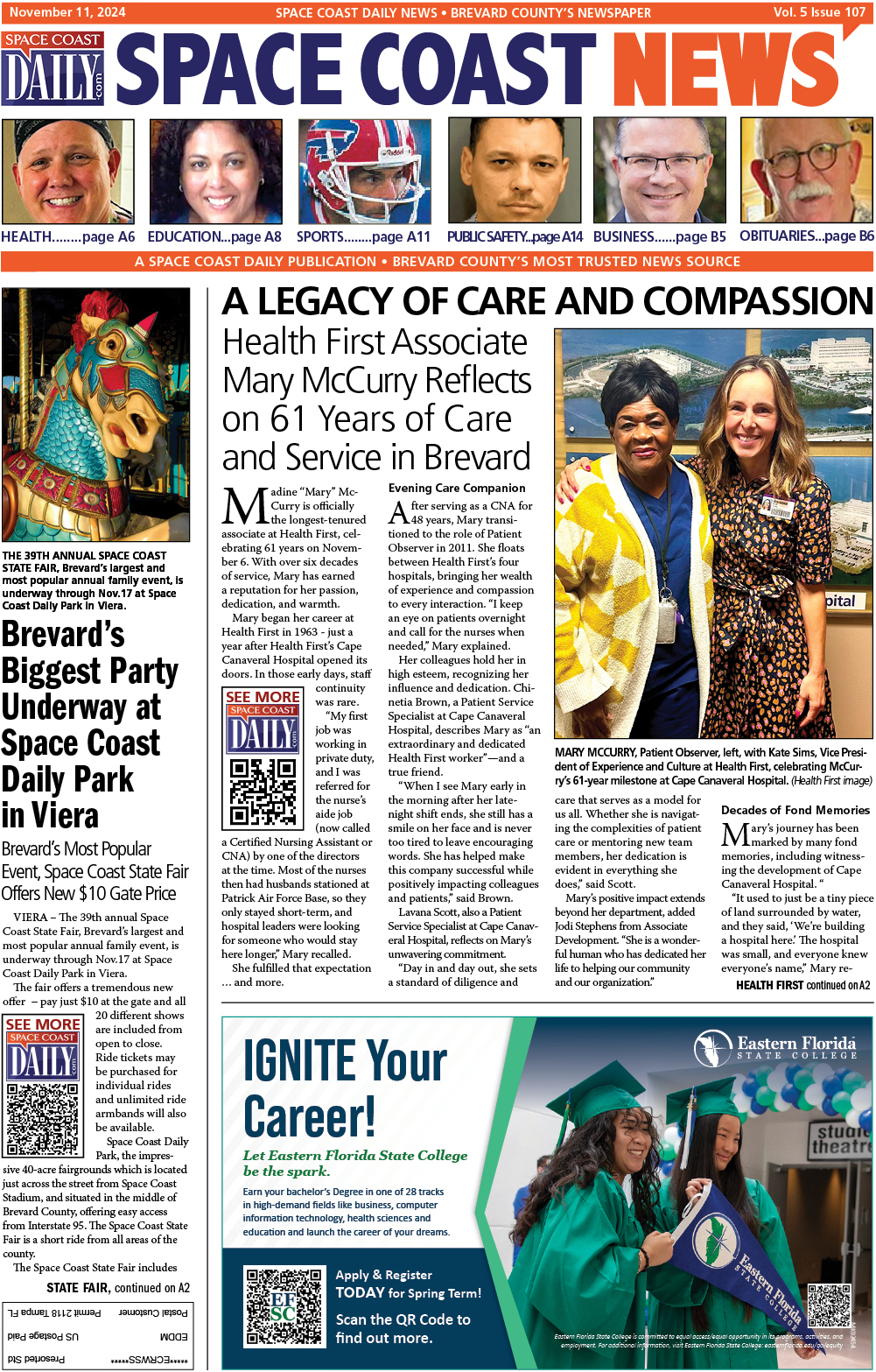Space Coast Daily Healthcare Headlines of the Week
By Dr. James Palermo // July 2, 2014
Topics Include: Are You A Heavy Drinker?; Soaring Demand For NPs and PAs; Can Video games Make You Smarter? – and More
BREVARD COUNTY, FLORIDA — Welcome to SpaceCoastDaily’s Healthcare Headlines.
ARE YOU A HEAVY DRINKER? YOU MAY BE SURPRISED
 If you’ve ever wondered whether you’re a heavy drinker, you might be surprised by the criteria established by the Centers for Disease Control (CDC), the U.S. health agency tasked with helping you understand when your drinking may become a health problem.
If you’ve ever wondered whether you’re a heavy drinker, you might be surprised by the criteria established by the Centers for Disease Control (CDC), the U.S. health agency tasked with helping you understand when your drinking may become a health problem.
The CDC reports that 1 in 10 deaths among adults between the ages of 20 and 64 are due to excessive alcohol consumption, which translates to over 88,000 deaths annually as a result of drinking too much.
The alcohol consumption categories are based on not just the number of drinks, but also on gender, the type of drinks and drinking patterns. (Christensen, CNN Health, 6/27)
DATA IS (EM)POWER(MENT) FOR PATIENTS: USING FIT BIT TO IMPACT DISEASE MANAGEMENT
 The more data the better — for both patients and physicians — when it comes to disease management, according to Dr. Kevin Campbell, an internationally recognized expert in the prevention of sudden cardiac death in women, and frequent medical “talking head” for NBC, Fox News, HLN and CBS.
The more data the better — for both patients and physicians — when it comes to disease management, according to Dr. Kevin Campbell, an internationally recognized expert in the prevention of sudden cardiac death in women, and frequent medical “talking head” for NBC, Fox News, HLN and CBS.
In his blog he opines on the health monitoring device industry, which, according to the Wall Street Journal, is projected to exceed 5 billion dollars in 2016, and specifically on the Fit Bit device and others like it, which generate data from physiologic monitoring that can be valuable in assessing physical fitness and progress towards obtaining specific health goals.
With an increased focus on patient engagement and prevention, Dr. Campbell says, “Data provides me with the power to make better decisions for my patients….and provides my patients with real, meaningful feedback.” (Campbell, blog, 6/26)
CHECK WHAT’S IN THAT CEREAL–KIDS MAY BE GETTING TOO MANY VITAMINS
 High added sugar content of many popular breakfast cereals has been disparaged by nutrition experts and pediatricians as an empty calorie source and unhealthy for children. Now, according to a recent report published by the Environmental Working Group (EWG), children are also consuming too many vitamins and minerals by way of fortified foods such as cereal.
High added sugar content of many popular breakfast cereals has been disparaged by nutrition experts and pediatricians as an empty calorie source and unhealthy for children. Now, according to a recent report published by the Environmental Working Group (EWG), children are also consuming too many vitamins and minerals by way of fortified foods such as cereal.
The report suggests that flawed government policies and food producers who fortify foods with extra nutrients in the hope of boosting sales are responsible.
Although parents can read the recommended daily value percentages set by the U.S. Food and Drug Administration on the cereal boxes, those percentages are based on adult recommendations and have not been revised since 1968.
According to the Institute of Medicine, children ages four to eight should consume less than 0.9 mg of vitamin A, 15 mg of niacin, and 12 mg of zinc daily. Experts say consuming some vitamins in excess can cause liver, immune, and skeletal damage. (Park, TIME, 6/24)
DEMAND FOR NPs, PAs SOARS UNDER OBAMARE
 Forbes reports that a new study by physician staffing firm Merritt Hawkins indicates the number of search assignments the company did for physician assistants (PAs) and nurse practitioners (NPs) jumped by 320 percent over the last two years.
Forbes reports that a new study by physician staffing firm Merritt Hawkins indicates the number of search assignments the company did for physician assistants (PAs) and nurse practitioners (NPs) jumped by 320 percent over the last two years.
This unprecedented demand for PAs and NPs reflects the rapidly changing healthcare workforce created by the growing demand for more primary care medical providers and care coordinators as more Americans gain coverage under the Affordable Care Act (Japsen, Forbes, 6/29).
FOODS TOUTED AS HEALTH MIRACLES, THEN VILIFIED AS HEALTH HAZARDS
 Conflicting information on everything ranging from coffee and tea to soy and potatoes is making it very confusing for those of us who are attempting to find the foods that are most beneficial for us and strive for a healthy diet.
Conflicting information on everything ranging from coffee and tea to soy and potatoes is making it very confusing for those of us who are attempting to find the foods that are most beneficial for us and strive for a healthy diet.
In an article recently posted to Salon.com, Alex Henderson of Alternet writes about America’s “food information overload” and the cyclical nature of studies that at first praise, then later demonize, certain foods and beverages.
Henderson expounds on 10 foods/beverages, including coffee, red wine, olive oil, soy, kale, beer, potatoes, tea, salmon and orange juice, as just a few examples of substances that have produced conflicting studies about their potential benefits or harm, and made it very difficult for consumers to figure out where the truth lies. (Henderson, Salon.com, 5/22)
VIDEO SPECIAL: CAN VIDEO GAMES MAKE YOU SMARTER?
ASAPSCIENCE is the creative brainchild of two Canadians, Mitchell Moffit and Gregory Brown, who, after graduating from the University of Guelph with biology degrees, recognized the power of YouTube to inform and entertain.
Their very popular YouTube channel produces three-minute lessons that bring logic, reason, and scientific evidence to some of the most common of questions.
In the video below they address some of the controversy surrounding the effects of playing video games. They site research that suggests playing video games enhances attention, memory and improves the ability to focus and visually track.
However, like almost everything, too much of anything is not such a good thing.












